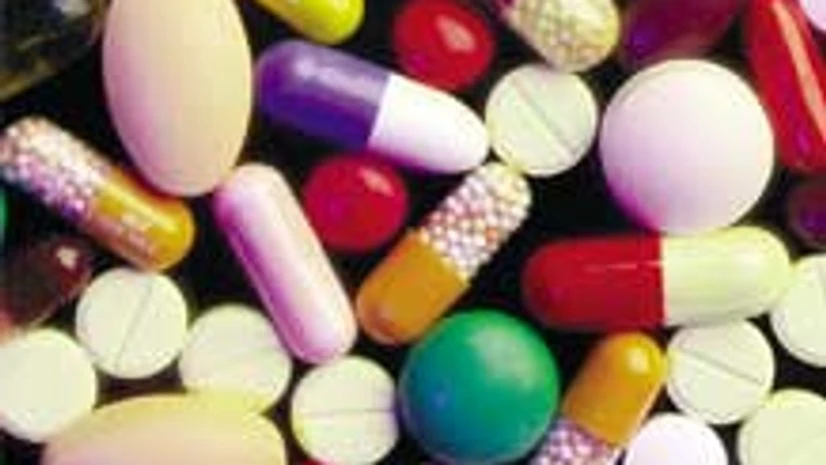The Intellectual Property Appellate Board (IPAB) has upheld the Compulsory License issued by the Indian Patent Office to Hyderabad-based Natco Pharma to manufacture and sell generic version of German drug major Bayer AG's cancer drug Nexavar (sorafenib tosylate) in India.
The Appellate Board however made changes in the Compulsory License order to the extend that the royalty payment to Bayer has been increased from six% to seven%. The Board also imposed a penalty on Natco for submitting false statement.
It is to be noted that this is the first of its kind litigation in India, after the first ever compulsory license invoked in the country in March, 2012, allowing Natco Pharma to produce and sell generic version of Nexavar, which used in palliative care which starts once the available treatments for kidney and lever cancer are failed and the life expectancy of patient is around six to eight months, in the country.
The decision was taken on an appeal filed by Bayer Corporation against the Union of India, The Controller of Patents and Natco Pharma against the Compulsory license issued to the generic drug manufacturer in March, 2012, to manufacture and sell the generic version of Nexavar. It may be noted that in September, 2012, the Appellate Board has dismissed a stay petition filed by Bayer, the US arm of German drug manufacturer Bayer AG, against the compulsory license order by the Indian Patent Authority to Natco Pharma.
The Coram comprising of Chairman of IPAB, Justice Prabha Sridevan and Technical Member (Patents) D P S Parmar, observed that the grant of Compulsory License is not to favour the licensee, but to make the medicine reasonably affordable and accessible to the public.
The Coram observed that the patentee, that is Bayer, could not sell the drug at reasonably affordable to the public in India. The IPAB observed that the controller of patent was right in holding that the sales by the appellant at price of Rs 2,80,000 was not reasonably affordable.
Besides, the sales of the medicine for the years 2009 and 2010, though the company could only import from 2008, was not sufficient to show that the public had adequate accessibility to the drug.
However, the Appellate Board felt that the royalty fixed for Bayer under the Compulsory License order, that is six% of the total sales, is not sufficient and has to be revised. "We are of the opinion of an increase of one% in the royalty fixed by the Controller to the appellant," said Justice Sridevan. She aded that the Compulsory Licensing order is modified in this regard.
The Coram dismissed Bayer's arguments that the presence of Cipla, which has launched a generic version of Nexavar earlier and has been indulged in a legal battle with Bayer in a Delhi High Court, has to be taken into consideration when it comes to supply of the drug in the market. The Board also rejected Bayers' contention against Natco did not extended proper negotiation with the patent holder before filing for Compulsory License.
“It is a reasoned, detailed and speaking order which can be sustained in any court of law,” said M Adinarayana, company secretary and GM (Legal & Corporate Affairs), Natco Pharma Ltd.
However, the Appellate Board directed Natco to pay a penalty of Rs 50,000 to Tata Memorial Cancer Hospital as a measure to impress upon the litigants in future to make only true submissions. The Board observed that Natco has filed a false statement with the Compulsory License application.
The order also dealt with various contentious issues related to compulsory licensing, including the issues on whether the product should be manufactured in India to consider it as workability of patent, whether patient assistance programme could be considered as proof of using patentability to the full extend, among others.
As reported earlier, the price of Bayer's product is at around Rs 2.80 lakh for dosage for a month, which under a patient assistance programme(PAP), is also being offered at around Rs 30,000 a month. As per the price fixed by the Controller of Patents, Natco Pharma is selling the product at a retail price of around Rs 8,880 for the dosage for a month. Cipla Ltd introducing a generic version in 2010 and has later reduced the price from initial Rs 30,000 a month to around Rs 5,400 a month, according to Bayer's arguments earlier.
Bayer complains about non compliance by Natco Pharma:
Meanwhile, Bayer has again approached the Indian Patent Office alleging non compliance of the controllers' Compulsory Licensing conditions by Natco Pharma, says the order.
The Compulsory License order made it obligatory for Natco to supply the drug free of cost to at least 600 needy and deserving patients per year. According to this, considering that the order was issued in March, 2012, the company had to provide medicine to 450 patients in 2012. The company has to submit a status report with the Patent Office every year.
However, the company has provided medicine to above 300 patients, which is below the target. The generic firm, in its affidavit, said that the deficiency of number of patients under this would be made up by March 2013.
Bayer's contention is that the Compulsory License must be relooked into on non compliance of Controller General's direction. The matter is now before the Patent Controller and the IPAB is only considering the legality of the impugned order (the order allowing Compulsory License) at present, added Justice Sridevan.

)
